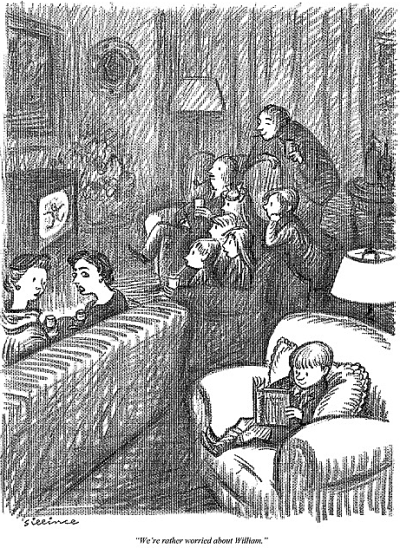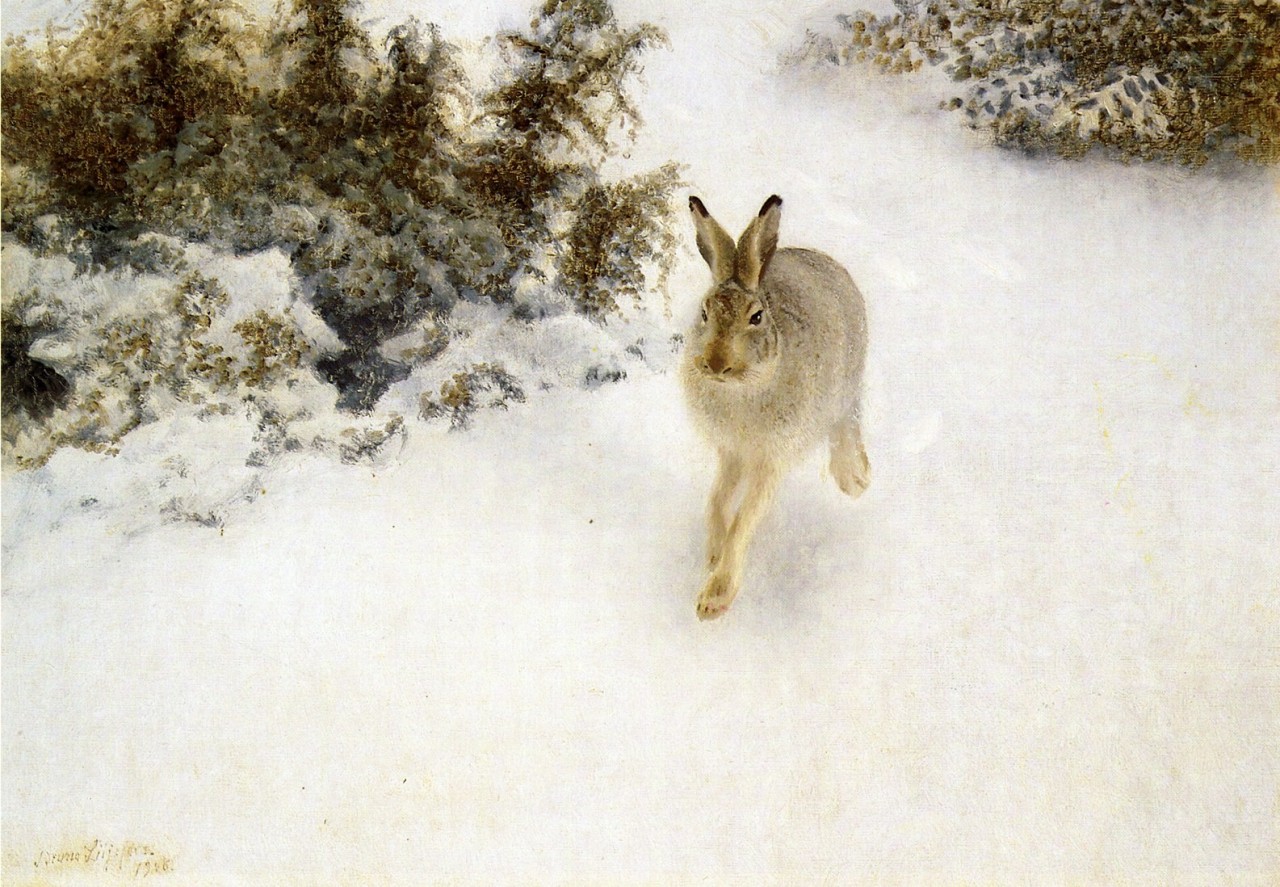Liljefors, Winter Hare, 1908
THE SNOW-WALKERS
He who marvels at the beauty of the world in summer will find equal cause for wonder and admiration in winter. It is true the pomp and the pageantry are swept away, but the essential elements remain,—the day and the night, the mountain and the valley, the elemental play and succession and the perpetual presence of the infinite sky. In winter the stars seem to have rekindled their fires, the moon achieves a fuller triumph, and the heavens wear a look of a more exalted simplicity. Summer is more wooing and seductive, more versatile and human, appeals to the affections and the sentiments, and fosters inquiry and the art impulse. Winter is of a more heroic cast, and addresses the intellect. The severe studies and disciplines come easier in winter. One imposes larger tasks upon himself, and is less tolerant of his own weaknesses.
The tendinous part of the mind, so to speak, is more developed in winter; the fleshy, in summer. I should say winter had given the bone and sinew to Literature, summer the tissues and blood.
The simplicity of winter has a deep moral. The return of nature, after such a career of splendor and prodigality, to habits so simple and austere, is not lost upon either the head or the heart. It is the philosopher coming back from the banquet and the wine to a cup of water and a crust of bread.
And then this beautiful masquerade of the elements,—the novel disguises our nearest friends put on! Here is another rain and another dew, water that will not flow, nor spill, nor receive the taint of an unclean vessel. And if we see truly, the same old beneficence and willingness to serve lurk beneath all.
Look up at the miracle of the falling snow,—the air a dizzy maze of whirling, eddying flakes, noiselessly transforming the world, the exquisite crystals dropping in ditch and gutter, and disguising in the same suit of spotless livery all objects upon which they fall. How novel and fine the first drifts! The old, dilapidated fence is suddenly set off with the most fantastic ruffles, scalloped and fluted after an unheard-of fashion! Looking down a long line of decrepit stone wall, in the trimming of which the wind had fairly run riot, I saw, as for the first time, what a severe yet master artist old Winter is. Ah, a severe artist! How stern the woods look, dark and cold and as rigid against the horizon as iron!
All life and action upon the snow have an added emphasis and significance. Every expression is underscored. Summer has few finer pictures than this winter one of the farmer foddering his cattle from a stack upon the clean snow,—the movement, the sharply defined figures, the great green flakes of hay, the long file of patient cows, the advance just arriving and pressing eagerly for the choicest morsels,—and the bounty and providence it suggests. Or the chopper in the woods,—the prostrate tree, the white new chips scattered about, his easy triumph over the cold, his coat hanging to a limb, and the clear, sharp ring of his axe. The woods are rigid and tense, keyed up by the frost, and resound like a stringed instrument. Or the road-breakers, sallying forth with oxen and sleds in the still, white world, the day after the storm, to restore the lost track and demolish the beleaguering drifts.
All sounds are sharper in winter; the air transmits better. At night I hear more distinctly the steady roar of the North Mountain. In summer it is a sort of complacent purr, as the breezes stroke down its sides; but in winter always the same low, sullen growl.
A severe artist! No longer the canvas and the pigments, but the marble and the chisel. When the nights are calm and the moon full, I go out to gaze upon the wonderful purity of the moonlight and the snow. The air is full of latent fire, and the cold warms me—after a different fashion from that of the kitchen stove. The world lies about me in a "trance of snow." The clouds are pearly and iridescent, and seem the farthest possible remove from the condition of a storm,—the ghosts of clouds, the indwelling beauty freed from all dross. I see the hills, bulging with great drifts, lift themselves up cold and white against the sky, the black lines of fences here and there obliterated by the depth of the snow. Presently a fox barks away up next the mountain, and I imagine I can almost see him sitting there, in his furs, upon the illuminated surface, and looking down in my direction. As I listen, one answers him from behind the woods in the valley. What a wild winter sound, wild and weird, up among the ghostly hills! Since the wolf has ceased to howl upon these mountains, and the panther to scream, there is nothing to be compared with it. So wild! I get up in the middle of the night to hear it. It is refreshing to the ear, and one delights to know that such wild creatures are among us. At this season Nature makes the most of every throb of life that can withstand her severity. How heartily she indorses this fox! In what bold relief stand out the lives of all walkers of the snow! The snow is a great tell-tale, and blabs as effectually as it obliterates. I go into the woods, and know all that has happened. I cross the fields, and if only a mouse has visited his neighbor, the fact is chronicled.
The red fox is the only species that abounds in my locality; the little gray fox seems to prefer a more rocky and precipitous country, and a less rigorous climate; the cross fox is occasionally seen, and there are traditions of the silver gray among the oldest hunters. But the red fox is the sportsman's prize, and the only fur-bearer worthy of note in these mountains. [Footnote: A spur of the catskills.]
I go out in the morning, after a fresh fall of snow, and see at all points where he has crossed the road. Here he has leisurely passed within rifle-range of the house, evidently reconnoitring the premises with an eye to the hen-roost. That clear, sharp track,—there is no mistaking it for the clumsy footprint of a little dog. All his wildness and agility are photographed in it. Here he has taken fright, or suddenly recollected an engagement, and in long, graceful leaps, barely touching the fence, has gone careering up the hill as fleet as the wind.
The wild, buoyant creature, how beautiful he is! I had often seen his dead carcass, and at a distance had witnessed the hounds drive him across the upper fields; but the thrill and excitement of meeting him in his wild freedom in the woods were unknown to me till, one cold winter day, drawn thither by the baying of a hound, I stood near the summit of the mountain, waiting a renewal of the sound, that I might determine the course of the dog and choose my position,—stimulated by the ambition of all young Nimrods to bag some notable game. Long I waited, and patiently, till, chilled and benumbed, I was about to turn back, when, hearing a slight noise, I looked up and beheld a most superb fox, loping along with inimitable grace and ease, evidently disturbed, but not pursued by the hound, and so absorbed in his private meditations that he failed to see me, though I stood transfixed with amazement and admiration, not ten yards distant. I took his measure at a glance,—a large male, with dark legs, and massive tail tipped with white,—a most magnificent creature; but so astonished and fascinated was I by this sudden appearance and matchless beauty, that not till I had caught the last glimpse of him, as he disappeared over a knoll, did I awake to my duty as a sportsman, and realize what an opportunity to distinguish myself I had unconsciously let slip. I clutched my gun, half angrily, as if it was to blame, and went home out, of humor with myself and all fox-kind. But I have since thought better of the experience, and concluded that I bagged the game after all, the best part of it, and fleeced Reynard of something more valuable than his fur, without his knowledge.
This is thoroughly a winter sound,—this voice of the hound upon the mountain,—and one that is music to many ears. The long trumpet-like bay, heard for a mile or more,—now faintly back in the deep recesses of the mountain,—now distinct, but still faint, as the hound comes over some prominent point and the wind favors,—anon entirely lost in the gully,—then breaking out again much nearer, and growing more and more pronounced as the dog approaches, till, when he comes around the brow of the mountain, directly above you, the barking is loud and sharp. On he goes along the northern spur, his voice rising and sinking as the wind and the lay of the ground modify it, till lost to hearing.
The fox usually keeps half a mile ahead, regulating his speed by that of the hound, occasionally pausing a moment to divert himself with a mouse, or to contemplate the landscape, or to listen for his pursuer. If the hound press him too closely, he leads off from mountain to mountain, and so generally escapes the hunter; but if the pursuit be slow, he plays about some ridge or peak, and falls a prey, though not an easy one, to the experienced sportsman.
A most spirited and exciting chase occurs when the farm-dog gets close upon one in the open field, as sometimes happens in the early morning. The fox relies so confidently upon his superior speed, that I imagine he half tempts the dog to the race. But if the dog be a smart one, and their course lie downhill, over smooth ground, Reynard must put his best foot forward, and then sometimes suffer the ignominy of being run over by his pursuer, who, however, is quite unable to pick him up, owing to the speed. But when they mount the hill, or enter the woods, the superior nimbleness and agility of the fox tell at once, and he easily leaves the dog far in his rear. For a cur less than his own size he manifests little fear, especially if the two meet alone, remote from the house. In such cases, I have seen first one turn tail, then the other.
A novel spectacle often occurs in summer, when the female has young. You are rambling on the mountain, accompanied by your dog, when you are startled by that wild, half-threatening squall, and in a moment perceive your dog, with inverted tail, and shame and confusion in his looks, sneaking toward you, the old fox but a few rods in his rear. You speak to him sharply, when he bristles up, turns about, and, barking, starts off vigorously, as if to wipe out the dishonor; but in a moment comes sneaking back more abashed than ever, and owns himself unworthy to be called a dog. The fox fairly shames him out of the woods. The secret of the matter is her sex, though her conduct, for the honor of the fox be it said, seems to be prompted only by solicitude for the safety of her young.
One of the most notable features of the fox is his large and massive tail. Seen running on the snow at a distance, his tail is quite as conspicuous as his body; and, so far from appearing a burden, seems to contribute to his lightness and buoyancy. It softens the outline of his movements, and repeats or continues to the eye the ease and poise of his carriage. But, pursued by the hound on a wet, thawy day, it often becomes so heavy and bedraggled as to prove a serious inconvenience, and compels him to take refuge in his den. He is very loath to do this; both his pride and the traditions of his race stimulate him to run it out, and win by fair superiority of wind and speed; and only a wound or a heavy and moppish tail will drive him to avoid the issue in this manner.
To learn his surpassing shrewdness and cunning, attempt to take him with a trap. Rogue that he is, he always suspects some trick, and one must be more of a fox than he is himself to overreach him. At first sight it would appear easy enough. With apparent indifference he crosses your path, or walks in your footsteps in the field, or travels along the beaten highway, or lingers in the vicinity of stacks and remote barns. Carry the carcass of a pig, or a fowl, or a dog, to a distant field in midwinter, and in a few nights his tracks cover the snow about it.
The inexperienced country youth, misled by this seeming carelessness of Reynard, suddenly conceives a project to enrich himself with fur, and wonders that the idea has not occurred to him before, and to others. I knew a youthful yeoman of this kind, who imagined he had found a mine of wealth on discovering on a remote side-hill, between two woods, a dead porker, upon which it appeared all the foxes of the neighborhood had nightly banqueted. The clouds were burdened with snow; and as the first flakes commenced to eddy down, he set out, trap and broom in hand, already counting over in imagination the silver quarters he would receive for his first fox-skin. With the utmost care, and with a palpitating heart, he removed enough of the trodden snow to allow the trap to sink below the surface. Then, carefully sifting the light element over it and sweeping his tracks full, he quickly withdrew, laughing exultingly over the little surprise he had prepared for the cunning rogue. The elements conspired to aid him, and the falling snow rapidly obliterated all vestiges of his work. The next morning at dawn he was on his way to bring in his fur. The snow had done its work effectually, and, he believed, had kept his secret well. Arrived in sight of the locality, he strained his vision to make out his prize lodged against the fence at the foot of the hill. Approaching nearer, the surface was unbroken, and doubt usurped the place of certainty in his mind. A slight mound marked the site of the porker, but there was no footprint near it. Looking up the hill, he saw where Reynard had walked leisurely down toward his wonted bacon till within a few yards of it, when he had wheeled, and with prodigious strides disappeared in the woods. The young trapper saw at a glance what a comment this was upon his skill in the art, and, indignantly exhuming the iron, he walked home with it, the stream of silver quarters suddenly setting in another direction.
The successful trapper commences in the fall, or before the first deep snow. In a field not too remote, with an old axe he cuts a small place, say ten inches by fourteen, in the frozen ground, and removes the earth to the depth of three or four inches, then fills the cavity with dry ashes, in which are placed bits of roasted cheese. Reynard is very suspicious at first, and gives the place a wide berth. It looks like design, and he will see how the thing behaves before he approaches too near. But the cheese is savory and the cold severe. He ventures a little closer every night, until he can reach and pick a piece from the surface. Emboldened by success, like other mortals, he presently digs freely among the ashes, and, finding a fresh supply of the delectable morsels every night, is soon thrown off his guard and his suspicions quite lulled. After a week of baiting in this manner, and on the eve of a light fall of snow, the trapper carefully conceals his trap in the bed, first smoking it thoroughly with hemlock boughs to kill or neutralize the smell of the iron. If the weather favors and the proper precautions have been taken, he may succeed, though the chances are still greatly against him.
Reynard is usually caught very lightly, seldom more than the ends of his toes being between the jaws. He sometimes works so cautiously as to spring the trap without injury even to his toes, or may remove the cheese night after night without even springing it. I knew an old trapper who, on finding himself outwitted in this manner, tied a bit of cheese to the pan, and next morning had poor Reynard by the jaw. The trap is not fastened, but only encumbered with a clog, and is all the more sure in its hold by yielding to every effort of the animal to extricate himself.
When Reynard sees his captor approaching, he would fain drop into a mouse-hole to render himself invisible. He crouches to the ground and remains perfectly motionless until he perceives himself discovered, when he makes one desperate and final effort to escape, but ceases all struggling as you come up, and behaves in a manner that stamps him a very timid warrior,—cowering to the earth with a mingled look of shame, guilt, and abject fear. A young farmer told me of tracing one with his trap to the border of a wood, where he discovered the cunning rogue trying to hide by embracing a small tree. Most animals, when taken in a trap, show fight; but Reynard has more faith in the nimbleness of his feet than in the terror of his teeth.
Entering the woods, the number and variety of the tracks contrast strongly with the rigid, frozen aspect of things. Warm jets of life still shoot and I play amid this snowy desolation. Fox-tracks are far less numerous than in the fields; but those of hares, skunks, partridges, squirrels, and mice abound. The mice tracks are very pretty, and look like a sort of fantastic stitching on the coverlid of the snow. One is curious to know what brings these tiny creatures from their retreats; they do not seem to be in quest of food, but rather to be traveling about for pleasure or sociability, though always going post-haste, and linking stump with stump and tree with tree by fine, hurried strides. That is when they travel openly; but they have hidden passages and winding galleries under the snow, which undoubtedly are their main avenues of communication. Here and there these passages rise so near the surface as to be covered by only a frail arch of snow, and a slight ridge betrays their course to the eye. I know him well. He is known to the farmer as the "deer mouse," to the naturalist as the white-footed mouse,—a very beautiful creature, nocturnal in his habits, with large ears, and large, fine eyes full of a wild, harmless look. He is daintily marked, with white feet and a white belly. When disturbed by day he is very easily captured, having none of the cunning or viciousness of the common Old World mouse.
It is he who, high in the hollow trunk of some tree, lays by a store of beechnuts for winter use. Every nut is carefully shelled, and the cavity that serves as storehouse lined with grass and leaves. The wood-chopper frequently squanders this precious store. I have seen half a peck taken from one tree, as clean and white as if put up by the most delicate hands,—as they were. How long it must have taken the little creature to collect this quantity, to hull them one by one, and convey them up to his fifth-story chamber! He is not confined to the woods, but is quite as common in the fields, particularly in the fall, amid the corn and potatoes. When routed by the plow, I have seen the old one take flight with half a dozen young hanging to her teats, and with such reckless speed that some of the young would lose their hold and fly off amid the weeds. Taking refuge in a stump with the rest of her family, the anxious mother would presently come back and hunt up the missing ones.
The snow-walkers are mostly night-walkers also, and the record they leave upon the snow is the main clew one has to their life and doings. The hare is nocturnal in its habits, and though a very lively creature at night, with regular courses and run-ways through the wood, is entirely quiet by day. Timid as he is, he makes little effort to conceal himself, usually squatting beside a log, stump, or tree, and seeming to avoid rocks and ledges, where he might be partially housed from the cold and the snow, but where also—and this consideration undoubtedly determines his choice—he would be more apt fall a prey to his enemies. In this, as well as in many other respects, he differs from the rabbit proper: he never burrows in the ground, or takes refuge in a den or hole, when pursued. If caught in the open fields, he is much confused and easily overtaken by the dog; but in the woods, he leaves him at a bound. In summer, when first disturbed, he beats the ground violently with his feet, by which means he would express to you his surprise or displeasure; it is a dumb way he has of scolding. After leaping a few yards, he pauses an instant, as if to determine the degree of danger, and then hurries away with a much lighter tread.
His feet are like great pads, and his track has little of the sharp, articulated expression of Reynard's, or of animals that climb or dig. Yet it is very pretty like all the rest, and tells its own tale. There is nothing bold or vicious or vulpine in it, and his timid, harmless character is published at every leap. He abounds in dense woods, preferring localities filled with a small undergrowth of beech and birch, upon the bark of which he feeds. Nature is rather partial to him, and matches his extreme local habits and character with a suit that corresponds with his surroundings,—reddish gray in summer and white in winter.
The sharp-rayed track of the partridge adds another figure to this fantastic embroidery upon the winter snow. Her course is a clear, strong line, sometimes quite wayward, but generally very direct, steering for the densest, most impenetrable places,—leading you over logs and through brush, alert and expectant, till, suddenly, she bursts up a few yards from you, and goes humming through the trees,—the complete triumph of endurance and vigor. Hardy native bird, may your tracks never be fewer, or your visits to the birch-tree less frequent!
The squirrel tracks—sharp, nervous, and wiry—have their histories also. But how rarely we see squirrels in winter! The naturalists say they are mostly torpid; yet evidently that little pocket-faced depredator, the chipmunk, was not carrying buckwheat for so many days to his hole for nothing: was he anticipating a state of torpidity, or providing against the demands of a very active appetite? Red and gray squirrels are more or less active all winter, though very shy, and, I am inclined to think, partially nocturnal in their habits. Here a gray one has just passed,—came down that tree and went up this; there he dug for a beechnut, and left the burr on the snow. How did he know where to dig? During an unusually severe winter I have known him to make long journeys to a barn, in a remote field, where wheat was stored. How did he know there was wheat there? In attempting to return, the adventurous creature was frequently run down and caught in the deep snow.
His home is in the trunk of some old birch or maple, with an entrance far up amid the branches. In the spring he builds himself a summer-house of small leafy twigs in the top of a neighboring beech, where the young are reared and much of the time is passed. But the safer retreat in the maple is not abandoned, and both old and young resort thither in the fall, or when danger threatens. Whether this temporary residence amid the branches is for elegance or pleasure, or for sanitary reasons or domestic convenience, the naturalist has forgotten to mention.
The elegant creature, so cleanly in its habits, so graceful in its carriage, so nimble and daring in its movements, excites feelings of admiration akin to those awakened by the birds and the fairer forms of nature. His passage through the trees is almost a flight. Indeed, the flying squirrel has little or no advantage over him, and in speed and nimbleness cannot compare with him at all. If he miss his footing and fall, he is sure to catch on the next branch; if the connection be broken, he leaps recklessly for the nearest spray or limb, and secures his hold, even if it be by the aid of his teeth.
His career of frolic and festivity begins in the fall, after the birds have left us and the holiday spirit of nature has commenced to subside. How absorbing the pastime of the sportsman who goes to the woods in the still October morning in quest of him! You step lightly across the threshold of the forest, and sit down upon the first log or rock to await the signals. It is so still that the ear suddenly seems to have acquired new powers, and there is no movement to confuse the eye. Presently you hear the rustling of a branch, and see it sway or spring as the squirrel leaps from or to it; or else you hear a disturbance in the dry leaves, and mark one running upon the ground. He has probably seen the intruder, and, not liking his stealthy movements, desires to avoid a nearer acquaintance. Now he mounts a stump to see if the way is clear, then pauses a moment at the foot of a tree to take his bearings, his tail, as he skims along, undulating behind him, and adding to the easy grace and dignity of his movements. Or else you are first advised of his proximity by the dropping of a false nut, or the fragments of the shucks rattling upon the leaves. Or, again, after contemplating you awhile unobserved, and making up his mind that you are not dangerous, he strikes an attitude on a branch, and commences to quack and bark, with an accompanying movement of his tail. Late in the afternoon, when the same stillness reigns, the same scenes are repeated. There is a black variety, quite rare, but mating freely with the gray, from which he seems to be distinguished only in color.
The track of the red squirrel may be known by its smaller size. He is more common and less dignified than the gray, and oftener guilty of petty larceny about the barns and grain-fields. He is most abundant in old barkpeelings, and low, dilapidated hemlocks, from which he makes excursions to the fields and orchards, spinning along the tops of the fences, which afford not only convenient lines of communication, but a safe retreat if danger threatens. He loves to linger about the orchard; and, sitting upright on the topmost stone in the wall, or on the tallest stake in the fence, chipping up an apple for the seeds, his tail conforming to the curve of his back, his paws shifting and turning the apple, he is a pretty sight, and his bright, pert appearance atones for all the mischief he does. At home, in the woods, he is the most frolicsome and loquacious. The appearance of anything unusual, if, after contemplating it a moment, he concludes it not dangerous, excites his unbounded mirth and ridicule, and he snickers and chatters, hardly able to contain himself; now darting up the trunk of a tree and squealing in derision, then hopping into position on a limb and dancing to the music of his own cackle, and all for your special benefit.
There is something very human in this apparent mirth and mockery of the squirrels. It seems to be a sort of ironical laughter, and implies self-conscious pride and exultation in the laugher. "What a ridiculous thing you are, to be sure!" he seems to say; "how clumsy and awkward, and what a poor show for a tail! Look at me, look at me!"—and he capers about in his best style. Again, he would seem to tease you and provoke your attention; then suddenly assumes a tone of good-natured, childlike defiance and derision. That pretty little imp, the chipmunk, will sit on the stone above his den and defy you, as plainly as if he said so, to catch him before he can get into his hole if you can. You hurl a stone at him, and "No you didn't!" comes up from the depth of his retreat.
In February another track appears upon the snow, slender and delicate, about a third larger than that of the gray squirrel, indicating no haste or speed, but, on the contrary, denoting the most imperturbable ease and leisure, the footprints so close together that the trail appears like a chain of curiously carved links. Sir Mephitis mephitica, or, in plain English, the skunk, has awakened from his six weeks' nap, and come out into society again. He is a nocturnal traveler, very bold and impudent, coming quite up to the barn and outbuildings, and sometimes taking up his quarters for the season under the haymow. There is no such word as hurry in his dictionary, as you may see by his path upon the snow. He has a very sneaking, insinuating way, and goes creeping about the fields and woods, never once in a perceptible degree altering his gait, and, if a fence crosses his course, steers for a break or opening to avoid climbing. He is too indolent even to dig his own hole, but appropriates that of a woodchuck, or hunts out a crevice in the rocks, from which he extends his rambling in all directions, preferring damp, thawy weather. He has very little discretion or cunning, and holds a trap in utter contempt, stepping into it as soon as beside it, relying implicitly for defense against all forms of danger upon the unsavory punishment he is capable of inflicting. He is quite indifferent to both man and beast, and will not hurry himself to get out of the way of either. Walking through the summer fields at twilight, I have come near stepping upon him, and was much the more disturbed of the two. When attacked in the open field he confounds the plans of his enemies by the unheard-of tactics of exposing his rear rather than his front. "Come if you dare," he says, and his attitude makes even the farm-dog pause. After a few encounters of this kind, and if you entertain the usual hostility towards him, your mode of attack will speedily resolve itself into moving about him in a circle, the radius of which will be the exact distance at which you can hurl a stone with accuracy and effect.
He has a secret to keep and knows it, and is careful not to betray himself until he can do so with the most telling effect. I have known him to preserve his serenity even when caught in a steel trap, and look the very picture of injured innocence, manoeuvring carefully and deliberately to extricate his foot from the grasp of the naughty jaws. Do not by any means take pity on him, and lend a helping hand!
How pretty his face and head! How fine and delicate his teeth, like a weasel's or a cat's! When about a third grown, he looks so well that one covets him for a pet. He is quite precocious, however, and capable, even at this tender age, of making a very strong appeal to your sense of smell.
No animal is more cleanly in his habits than he. He is not an awkward boy who cuts his own face with his whip; and neither his flesh nor his fur hints the weapon with which he is armed. The most silent creature known to me, he makes no sound, so far as I have observed, save a diffuse, impatient noise, like that produced by beating your hand with a whisk-broom, when the farm-dog has discovered his retreat in the stone fence. He renders himself obnoxious to the farmer by his partiality for hens' eggs and young poultry. He is a confirmed epicure, and at plundering hen-roosts an expert. Not the full-grown fowls are his victims, but the youngest and most tender. At night Mother Hen receives under her maternal wings a dozen newly hatched chickens, and with much pride and satisfaction feels them all safely tucked away in her feathers. In the morning she is walking about disconsolately, attended by only two or three of all that pretty brood. What has happened? Where are they gone? That pickpocket, Sir Mephitis, could solve the mystery. Quietly has he approached, under cover of darkness, and one by one relieved her of her precious charge. Look closely and you will see their little yellow legs and beaks, or part of a mangled form, lying about on the ground. Or, before the hen has hatched, he may find her out, and, by the same sleight of hand, remove every egg, leaving only the empty blood-stained shells to witness against him. The birds, especially the ground-builders, suffer in like manner from his plundering propensities.
The secretion upon which he relies for defense, and which is the chief source of his unpopularity, while it affords good reasons against cultivating him as a pet, and mars his attractiveness as game, is by no means the greatest indignity that can be offered to a nose. It is a rank, living smell, and has none of the sickening qualities of disease or putrefaction. Indeed, I think a good smeller will enjoy its most refined intensity. It approaches the sublime, and makes the nose tingle. It is tonic and bracing, and, I can readily believe, has rare medicinal qualities. I do not recommend its use as eyewater, though an old farmer assures me it has undoubted virtues when thus applied. Hearing, one night, a disturbance among his hens, he rushed suddenly out to catch the thief, when Sir Mephitis, taken by surprise, and no doubt much annoyed at being interrupted, discharged the vials of his wrath full in the farmers face, and with such admirable effect that, for a few minutes, he was completely blinded, and powerless to revenge himself upon the rogue, who embraced the opportunity to make good his escape; but he declared that afterwards his eyes felt as if purged by fire, and his sight was much clearer.
In March that brief summary of a bear, the raccoon, comes out of his den in the ledges, and leaves his sharp digitigrade track upon the snow,—traveling not unfrequently in pairs,—a lean, hungry couple, bent on pillage and plunder. They have an unenviable time of it,—feasting in the summer and fall, hibernating in winter, and starving in spring. In April I have found the young of the previous year creeping around the fields, so reduced by starvation as to be quite helpless, and offering no resistance to my taking them up by the tail and carrying them home.
The old ones also become very much emaciated, and come boldly up to the barn or other outbuildings in quest of food. I remember, one morning in early spring, of hearing old Cuff, the farm-dog, barking vociferously before it was yet light. When we got up we discovered him, at the foot of an ash-tree standing about thirty rods from the house, looking up at some gray objects in the leafless branches, and by his manners and his voice evincing great impatience that we were so tardy in coming to his assistance. Arrived on the spot, we saw in the tree a coon of unusual size. One bold climber proposed to go up and shake him down. This was what old Cuff wanted, and he fairly bounded with delight as he saw his young master shinning up the tree. Approaching within eight or ten feet of the coon, he seized the branch to which it clung and shook long and fiercely. But the coon was in no danger of losing its hold, and, when the climber paused to renew his hold, it turned toward him with a growl, and showed very clearly a purpose to advance to the attack. This caused his pursuer to descend to the ground with all speed. When the coon was finally brought down with a gun, he fought the dog, which was a large, powerful animal, with great fury, returning bite for bite for some moments; and after a quarter of an hour had elapsed and his unequal antagonist had shaken him as a terrier does a rat, making his teeth meet through the small of his back, the coon still showed fight.
They are very tenacious of life, and like the badger will always whip a dog of their own size and weight. A woodchuck can bite severely, having teeth that cut like chisels, but a coon has agility and power of limb as well.
They are considered game only in the fall, or towards the close of summer, when they become fat. and their flesh sweet. At this time, cooning in the remote interior is a famous pastime. As this animal is entirely nocturnal in its habits, it is hunted only at night. A piece of corn on some remote side-hill near the mountain, or between two pieces of woods, is most apt to be frequented by them. While the corn is yet green they pull the ears down like hogs, and, tearing open the sheathing of husks, eat the tender, succulent kernels, bruising and destroying much more than they devour. Sometimes their ravages are a matter of serious concern to the farmer. But every such neighborhood has its coon-dog, and the boys and young men dearly love the sport. The party sets out about eight or nine o'clock of a dark, moonless night, and stealthily approaches the cornfield. The dog knows his business, and when he is put into a patch of corn and told to "hunt them up" he makes a thorough search, and will not be misled by any other scent. You hear him rattling through the corn, hither and yon, with great speed. The coons prick up their ears, and leave on the opposite side of the field. In the stillness you may sometimes hear a single stone rattle on the wall as they hurry toward the woods. If the dog finds nothing, he comes back to his master in a short time, and says in his dumb way, "No coon there." But if he strikes a trail, you presently hear a louder rattling on the stone wall, and then a hurried bark as he enters the woods, followed in a few minutes by loud and repeated barking as he reaches the foot of the tree in which the coon has taken refuge. Then follows a pellmell rush of the cooning party up the hill, into the woods, through the brush and the darkness, falling over prostrate trees, pitching into gullies and hollows, losing hats and tearing clothes, till finally, guided by the baying of the faithful dog, the tree is reached. The first thing now in order is to kindle a fire, and, if its light reveals the coon, to shoot him; if not, to fell the tree with an axe. If this happens to be too great a sacrifice of timber and of strength, to sit down at the foot of the tree till morning.
But with March our interest in these phases of animal life, which winter has so emphasized and brought out, begins to decline. Vague rumors are afloat in the air of a great and coming change. We are eager for Winter to be gone, since he, too, is fugitive and cannot keep his place. Invisible hands deface his icy statuary; his chisel has lost its cunning. The drifts, so pure and exquisite, are now earth-stained and weather-worn,—the flutes and scallops, and fine, firm lines, all gone; and what was a grace and an ornament to the hills is now a disfiguration. Like worn and unwashed linen appear the remains of that spotless robe with which he clothed the world as his bride.
But he will not abdicate without a struggle. Day after day he rallies his scattered forces, and night after night pitches his white tents on the hills, and would fain regain his lost ground; but the young prince in every encounter prevails. Slowly and reluctantly the gray old hero retreats up the mountain, till finally the south rain comes in earnest, and in a night he is dead.
John Burroughs
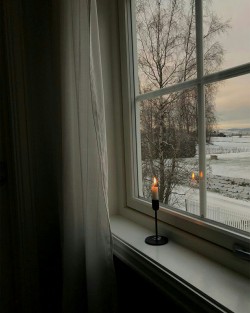





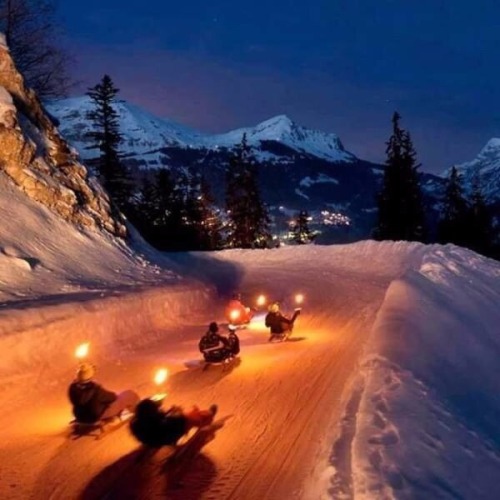



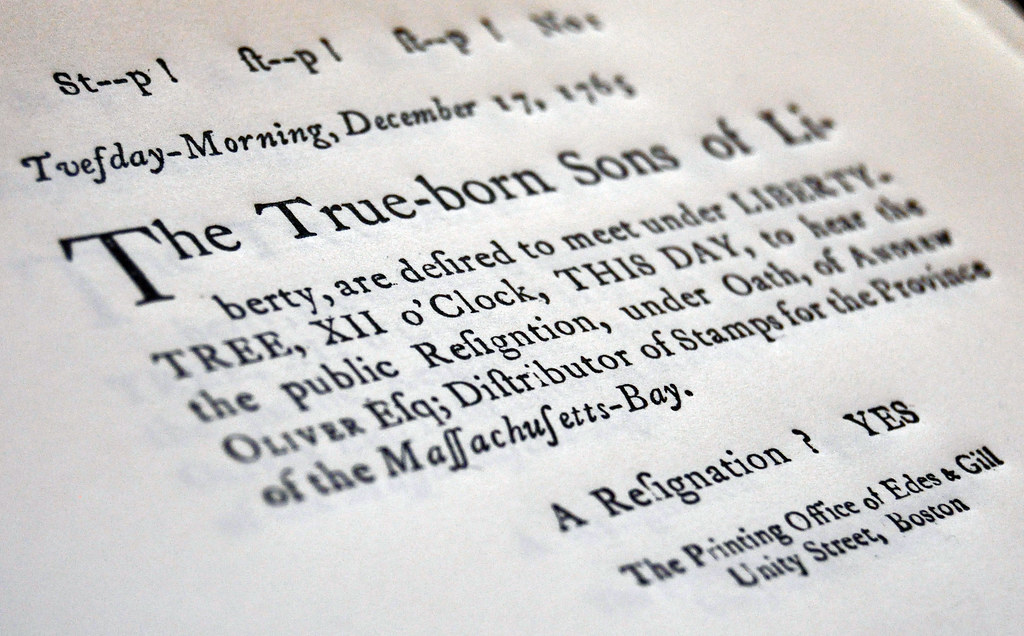
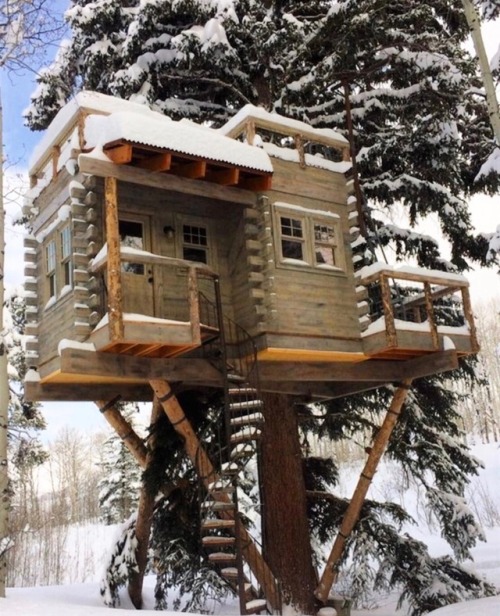
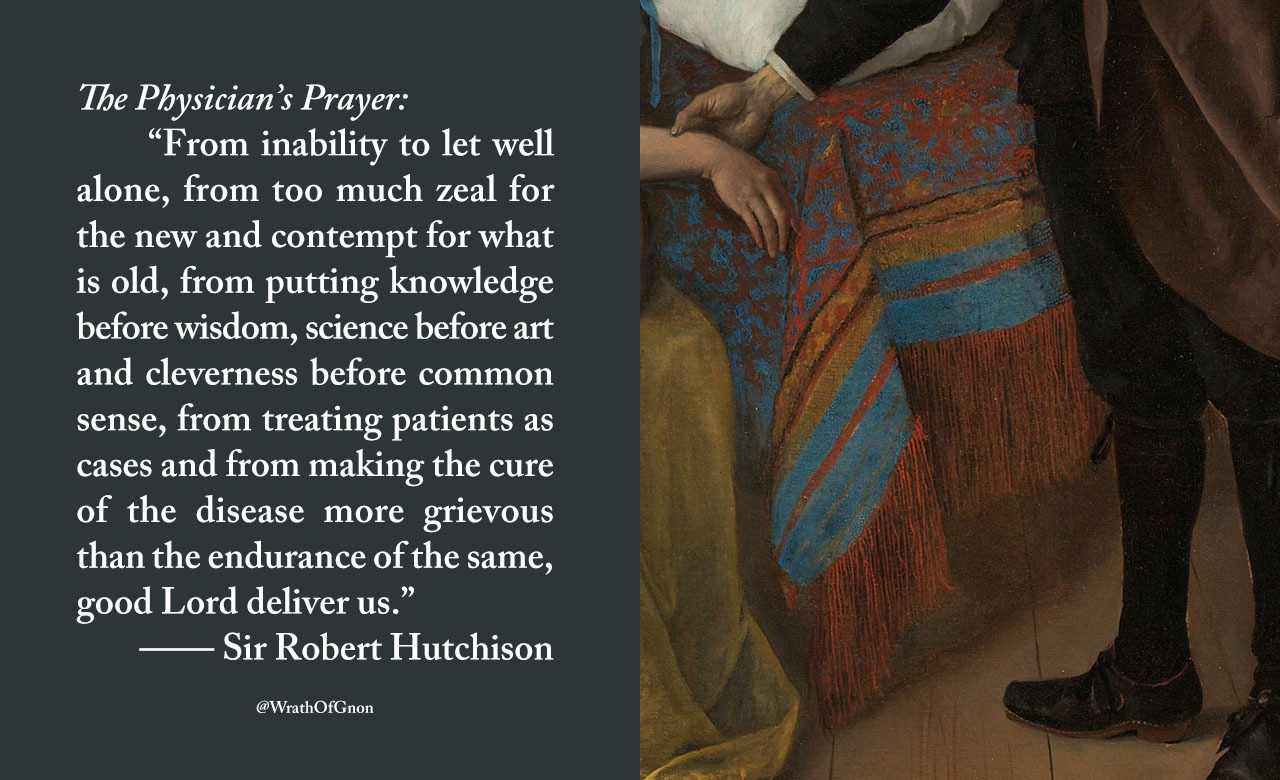





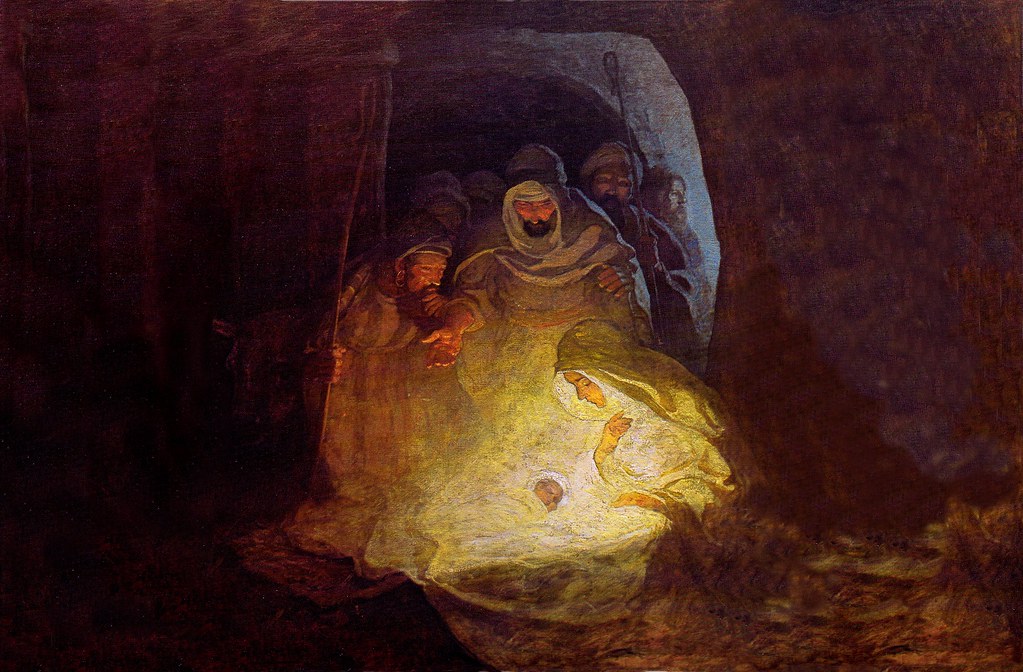
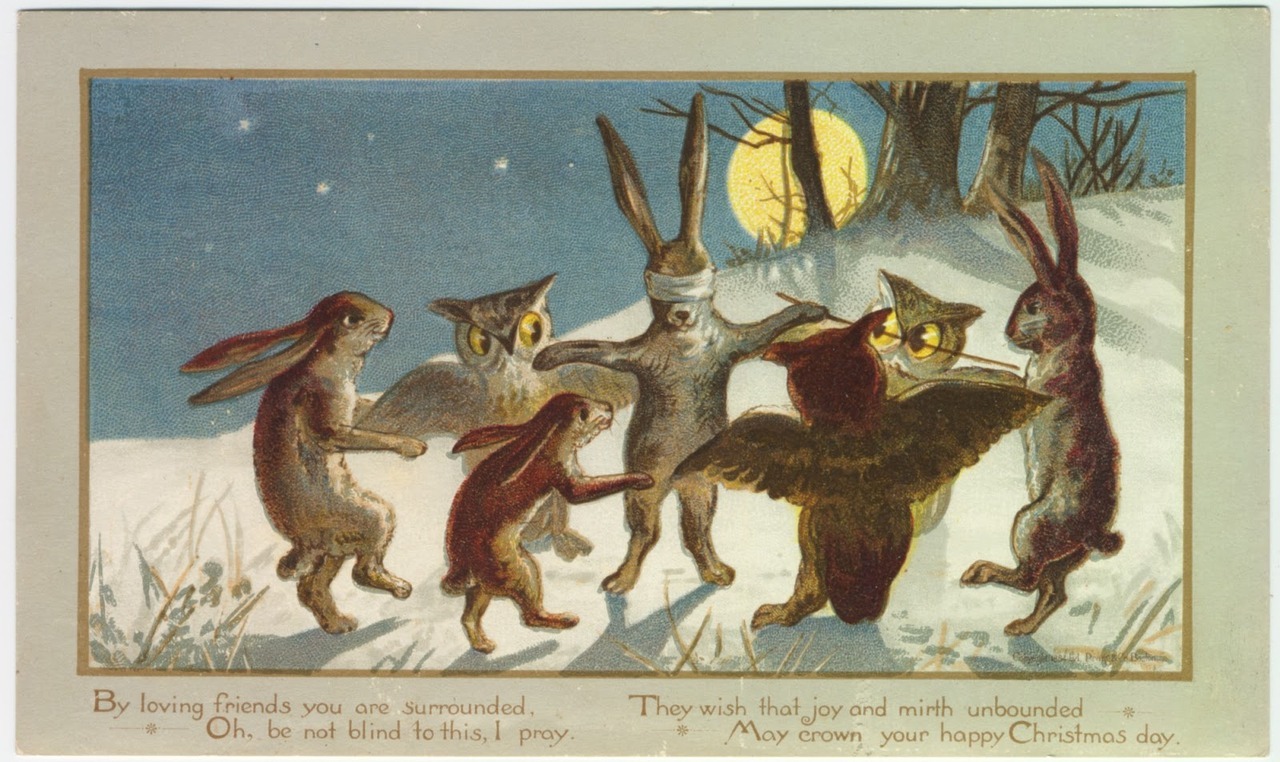

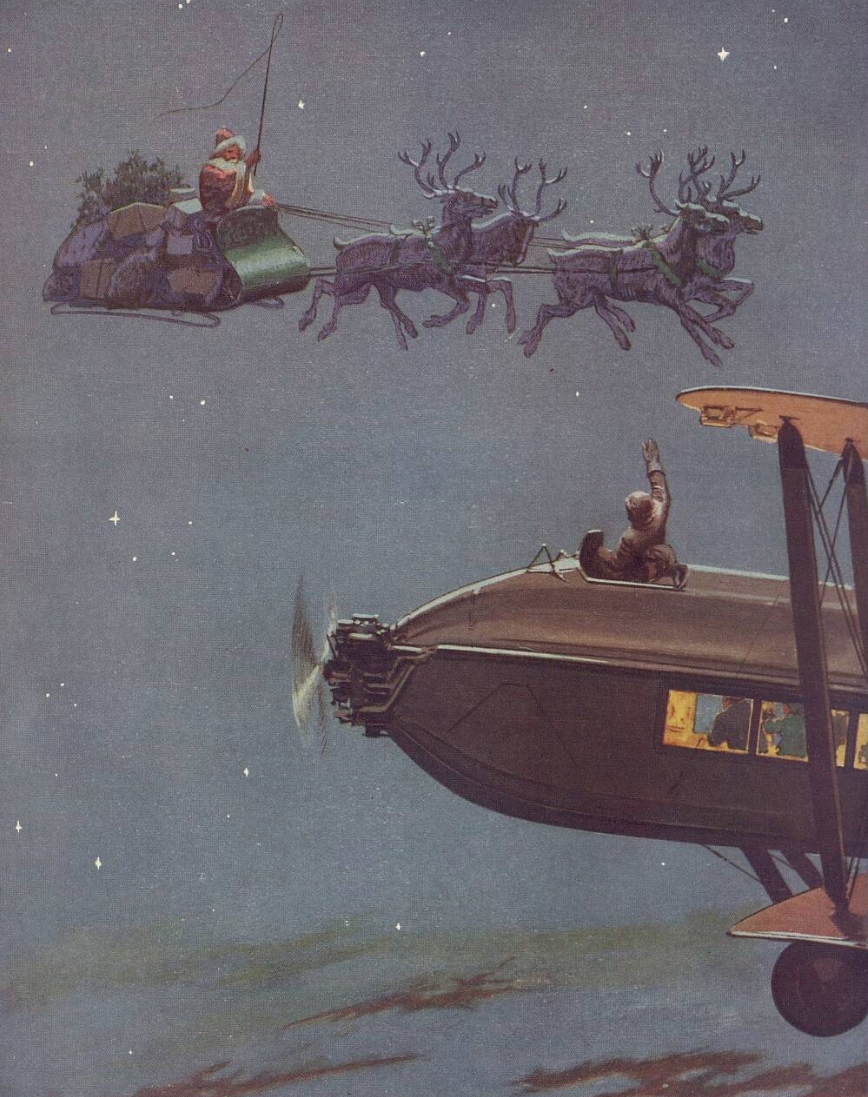




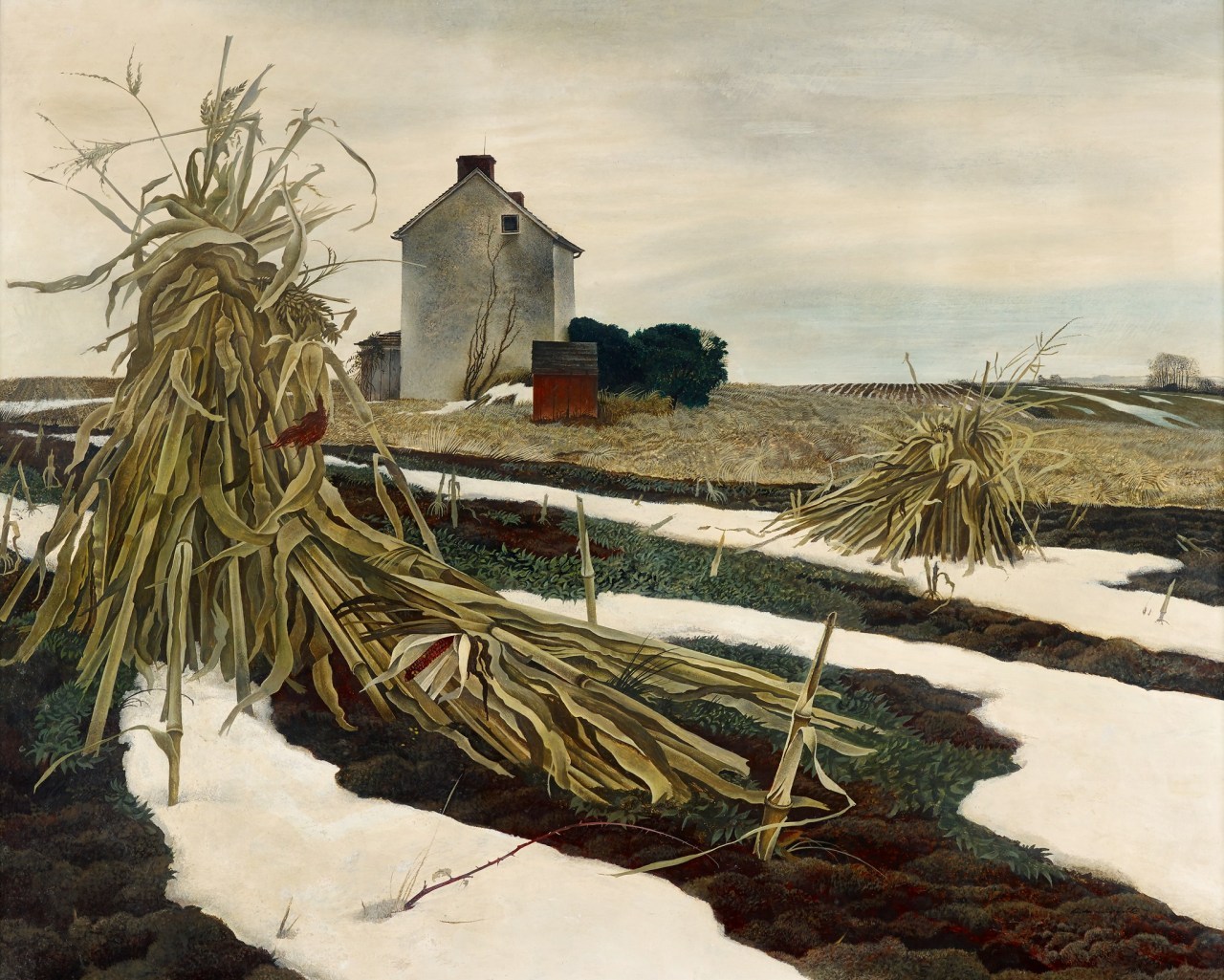



:format(jpeg):mode_rgb():quality(90)/discogs-images/R-3062490-1313962595.jpeg.jpg)
:format(jpeg):mode_rgb():quality(90)/discogs-images/R-1297226-1218549689.jpeg.jpg)

